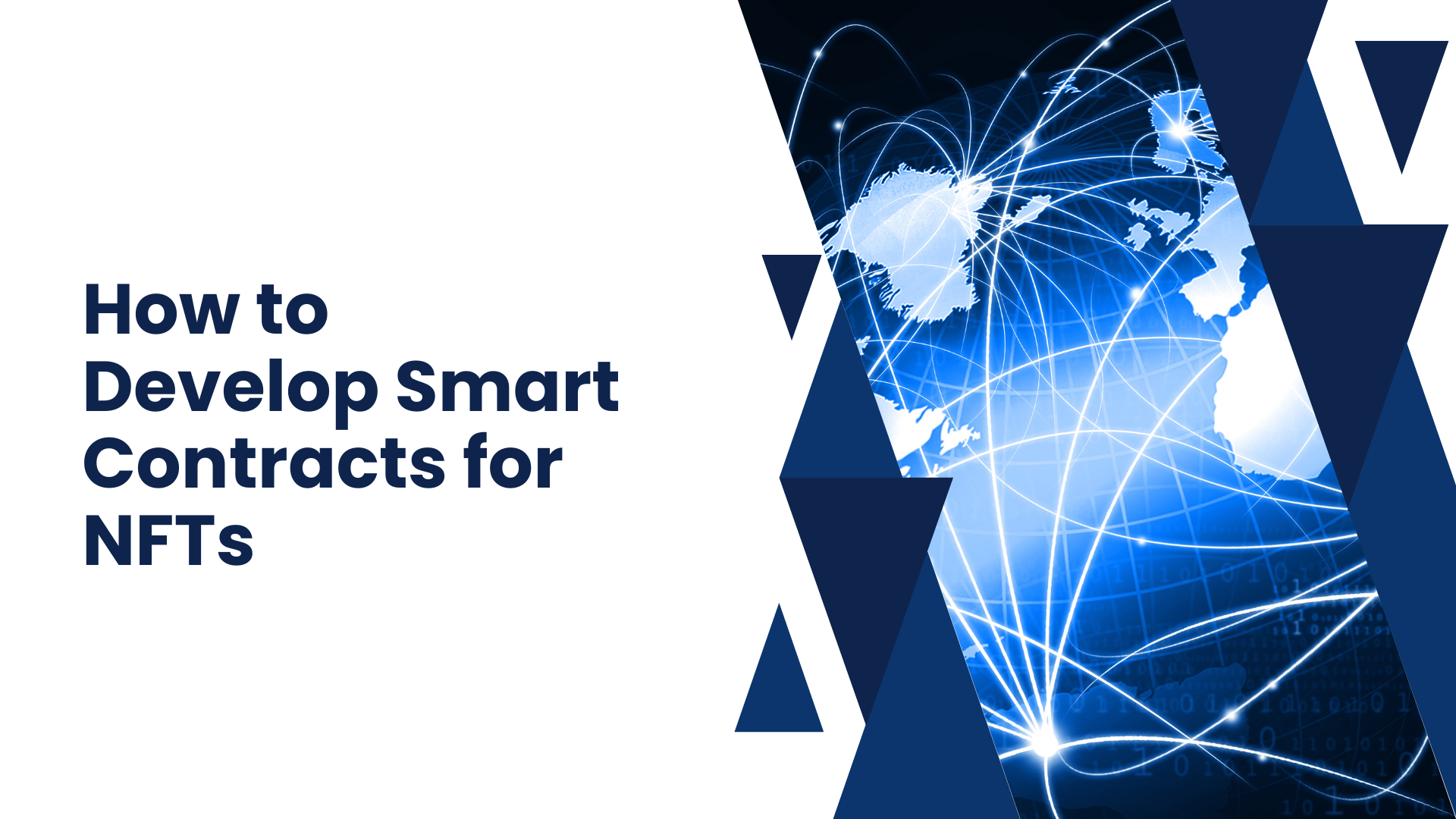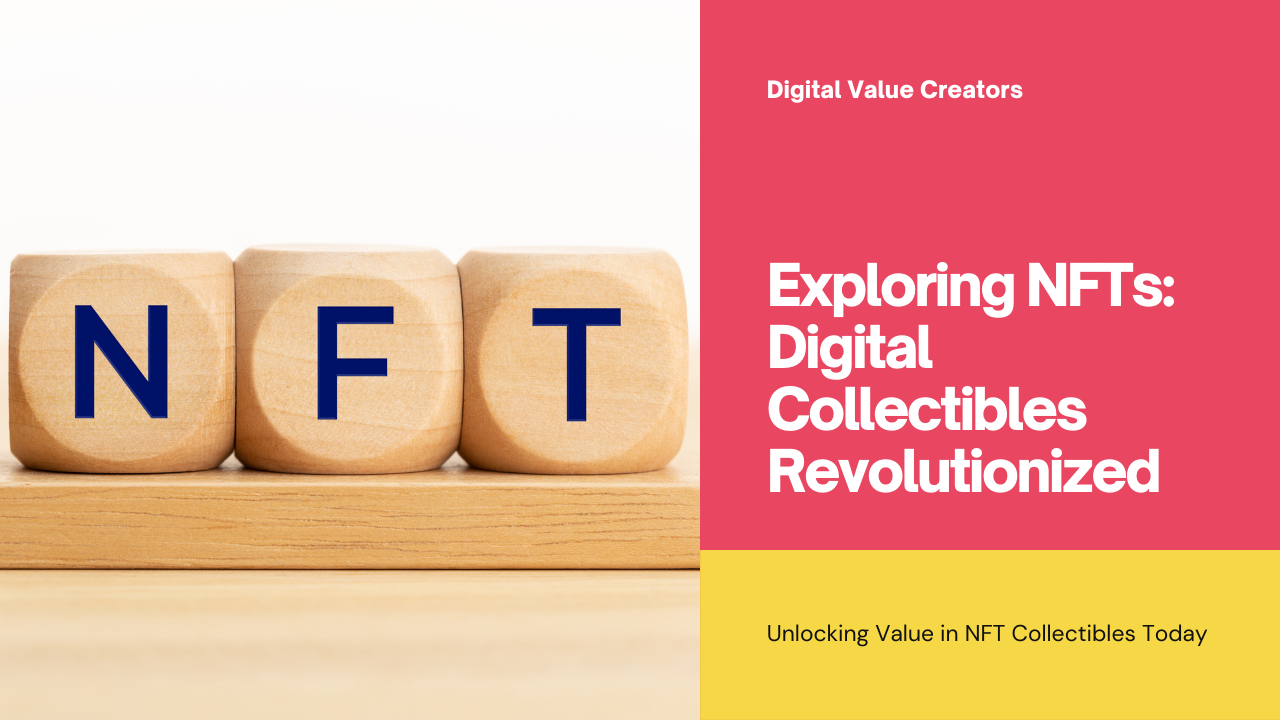Introduction: As the popularity of Non-Fungible Tokens (NFTs) continues to rise, securing NFT marketplaces has become a paramount concern. These digital platforms, which facilitate the buying, selling, and trading of unique digital assets, are prime targets for cyber-attacks due to their high value and decentralized nature. This blog explores the key strategies and best practices for securing your NFT marketplace, ensuring the safety of both users and their assets.
Understanding the Security Landscape: NFT marketplaces operate on blockchain technology, which inherently offers a high level of security due to its decentralized and immutable nature. However, the layers above the blockchain—such as smart contracts, user interfaces, and storage solutions—can introduce vulnerabilities. Cyber-attacks, phishing schemes, and smart contract bugs are some of the threats that NFT marketplaces face. Therefore, a multi-faceted approach is essential to ensure comprehensive security.
1. Implement Strong Authentication Mechanisms: Strong authentication mechanisms are the first line of defense against unauthorized access. Employ multi-factor authentication (MFA) to add an extra layer of security. This can include something the user knows (password), something the user has (a smartphone for OTP), and something the user is (biometric verification). Encouraging or mandating the use of hardware wallets can also help protect users’ private keys from being compromised.
2. Secure Smart Contracts: Smart contracts are the backbone of NFT marketplaces, governing transactions and ownership transfers. However, they are also a common target for exploits. Conduct thorough audits of smart contracts before deploying them on the blockchain. Use established frameworks and libraries to minimize the risk of vulnerabilities. Engage third-party security firms for professional audits and adopt best practices for secure coding, such as modular design, proper access control, and the principle of least privilege.
3. Encrypt Data and Communications: Encrypt sensitive data both at rest and in transit. Use robust encryption algorithms such as AES-256 for data storage and SSL/TLS for secure communications. This ensures that even if data is intercepted or accessed by unauthorized parties, it remains unreadable and secure. Additionally, implement end-to-end encryption for messaging and transactions within the marketplace to protect user interactions.
4. Regularly Update and Patch Systems: Keeping your systems updated with the latest security patches is crucial in defending against known vulnerabilities. Establish a routine update schedule and promptly address any security advisories issued by software vendors. Regularly review and update the security configurations of all components, including servers, databases, and network devices.
5. Conduct Penetration Testing: Regular penetration testing helps identify and address security weaknesses before malicious actors can exploit them. Engage ethical hackers or security firms to perform comprehensive penetration tests on your NFT marketplace. These tests should cover all aspects of the platform, including the frontend, backend, and smart contracts. Use the findings to strengthen your security posture.
6. Implement Robust Access Controls: Ensure that only authorized personnel have access to critical systems and data. Implement role-based access control (RBAC) to assign permissions based on the principle of least privilege. Regularly review and update access permissions to reflect changes in roles and responsibilities. Additionally, monitor access logs for suspicious activity and enforce strict access policies for administrative functions.
7. Educate Users on Security Best Practices: User awareness is a critical component of a secure NFT marketplace. Educate users on common threats such as phishing, social engineering, and fake NFT scams. Provide guidelines on creating strong passwords, recognizing phishing attempts, and securing their private keys. Offering resources and support for users to understand and implement security best practices can significantly reduce the risk of user-related vulnerabilities.
8. Use Decentralized Storage Solutions: Centralized storage solutions can be a single point of failure and a target for attacks. Use decentralized storage solutions like IPFS (InterPlanetary File System) to store NFT metadata and digital assets. Decentralized storage offers enhanced security and resilience by distributing data across a network of nodes, making it more difficult for attackers to compromise the system.
9. Monitor and Respond to Security Incidents: Establish a robust monitoring system to detect and respond to security incidents in real-time. Use security information and event management (SIEM) tools to collect and analyze log data from various sources. Implement automated alerts for suspicious activities and set up a dedicated incident response team to quickly address and mitigate security breaches. Conduct regular drills and updates to your incident response plan to ensure preparedness.
10. Comply with Regulatory Standards: Ensure that your NFT marketplace complies with relevant regulatory standards and guidelines. This includes data protection regulations, anti-money laundering (AML) policies, and know-your-customer (KYC) requirements. Compliance not only helps protect your platform but also builds trust with users and regulators. Regularly review and update your compliance measures to align with evolving legal requirements.
Conclusion: Securing an NFT marketplace requires a comprehensive, multi-layered approach that addresses potential vulnerabilities at every level. By implementing strong authentication mechanisms, securing smart contracts, encrypting data, and regularly updating systems, you can create a robust security framework. Additionally, conducting penetration testing, implementing access controls, educating users, using decentralized storage, monitoring for incidents, and complying with regulatory standards are essential practices for ensuring the safety and integrity of your NFT marketplace.







